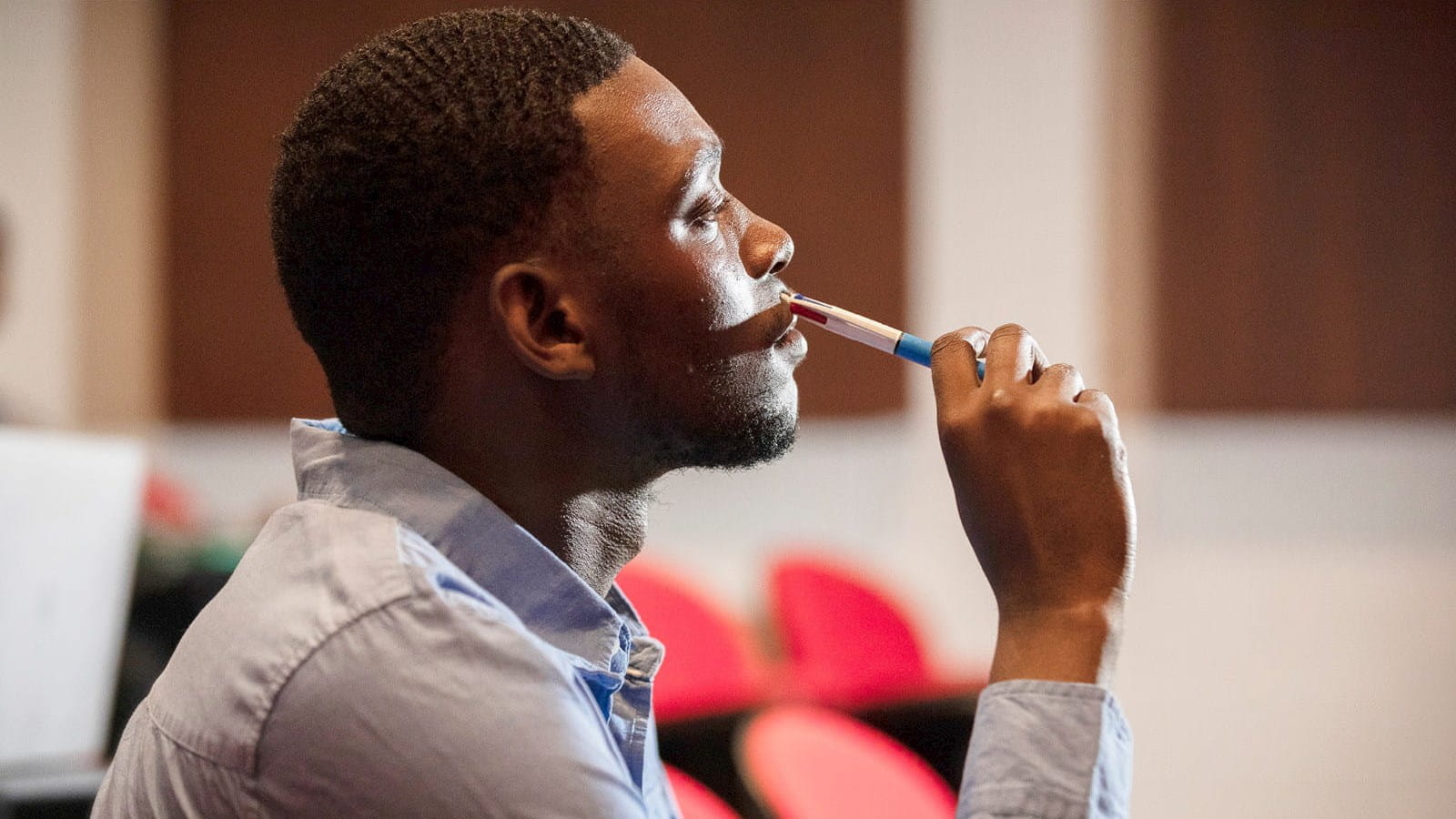The occasional stress or setback is part of a normal workplace. Here’s how a resilient attitude can see you turn negatives into positives and build strong foundations for a healthy working life.
Working life isn’t always smooth sailing. Setbacks occur, change happens, and we all have to make adjustments to our expectations and deal with challenging situations along the way. It’s also natural to have niggling internal anxieties: Are we up to the job? Can we handle our work load? How do we assert ourselves in meetings?
“Everyone around you, from your peers to your boss, will have their own lived experience, ways of working, and coping mechanisms for stress, and at times this is going to present itself a source of friction,” explains Mark Pearce, head of service development and delivery at ICAEW charity caba. “On top of this is the very real – and excruciatingly exhausting – pressure that we put on ourselves to be perfect. The perfect worker. The perfect colleague.”
Building your personal resilience is essential to navigating these challenges, as well as ensuring that you feel confident to tackle problems when they do occur. caba has plenty of tips and resources to help you on your way.
What is personal resilience?
Personal resilience is the ability to adapt, learn and grow from difficult experiences and come back stronger. It means tapping into your strengths and support systems to work your way through any challenges or problems that arise. Resilience balances a realistic attitude with a sense of optimism, confidence and self-worth. The good news is that the more you practice it, the more naturally and easily it will come.
“The one skill that will set you up for success – not just now, but throughout your entire career – is resilience,” says Mark. “This is a daily practice – it will ebb and flow depending on your personal resources - but it will keep you from going past the point of burnout.”
Where can I start?
The first thing is to accept that you can’t control everything - whether it’s market forces or the weather - but you can control your mindset and attitude towards these things. Resilience is about keeping your eye on the bigger picture and not fixating on little things that don’t really matter in the long run. It is about making progress, rather than attaining perfection. A resilient person cultivates a sense of perspective and develops ways of managing stress, which is an inevitable part of life, rather than eliminating it.
A large part of building resilience involves looking after yourself and not neglecting your physical and emotional needs. Eat healthily, get enough sleep, and always factor in some daily exercise and relaxation time. Even if your studies feel overwhelming, taking a break and going for a run, a walk round the block or even doing a spot of meditation will be beneficial and help bring clarity and focus when you return to your task.
You can visit caba for advice on improving sleep quality and practicing daily mindfulness. Mindfulness – focusing on the requirements of the moment – benefits concentration and helps regulate your emotions. It can develop self-awareness so that you are able to step back from a difficult situation and view things more objectively, which can lead to improved interpersonal skills such as listening and communication, in turn building your personal and professional relationships.
It’s OK to ask for help
It’s important to address problems early rather than letting them fester. In particular, good time management will help you feel on top of things and know that you are performing to the best of your ability. caba provides advice on dealing with change and has lots of options available if you do feel things are becoming unmanageable, including training sessions, legal and career advice and a tailored, confidential counselling service.
Knowing when to ask for help is a strength rather than a weakness. If you push your personal resilience too far, you can end up in a state of burnout, which is damaging to your wellbeing and can affect the colleagues around you. As well as speaking to caba, reach out to a trusted colleague or your line manager. Increasingly, companies have mental health first aiders or an Employee Assistance Programme, which will put you in touch with a professional.
The more proactive you are at work - including reaching out to others - the more confident you will feel when challenging situations arise and change happens. So, start building a strong network around you so that you feel supported. “Surround yourself with the people who feed you with positive energy and support you,” advises Mark. Whether it’s peers, a trusted mentor, friends and family, or caba, you’ll be on the road to building a more resilient you.
Visit caba for support on your mental, financial and physical health, as well as career and legal advice.

